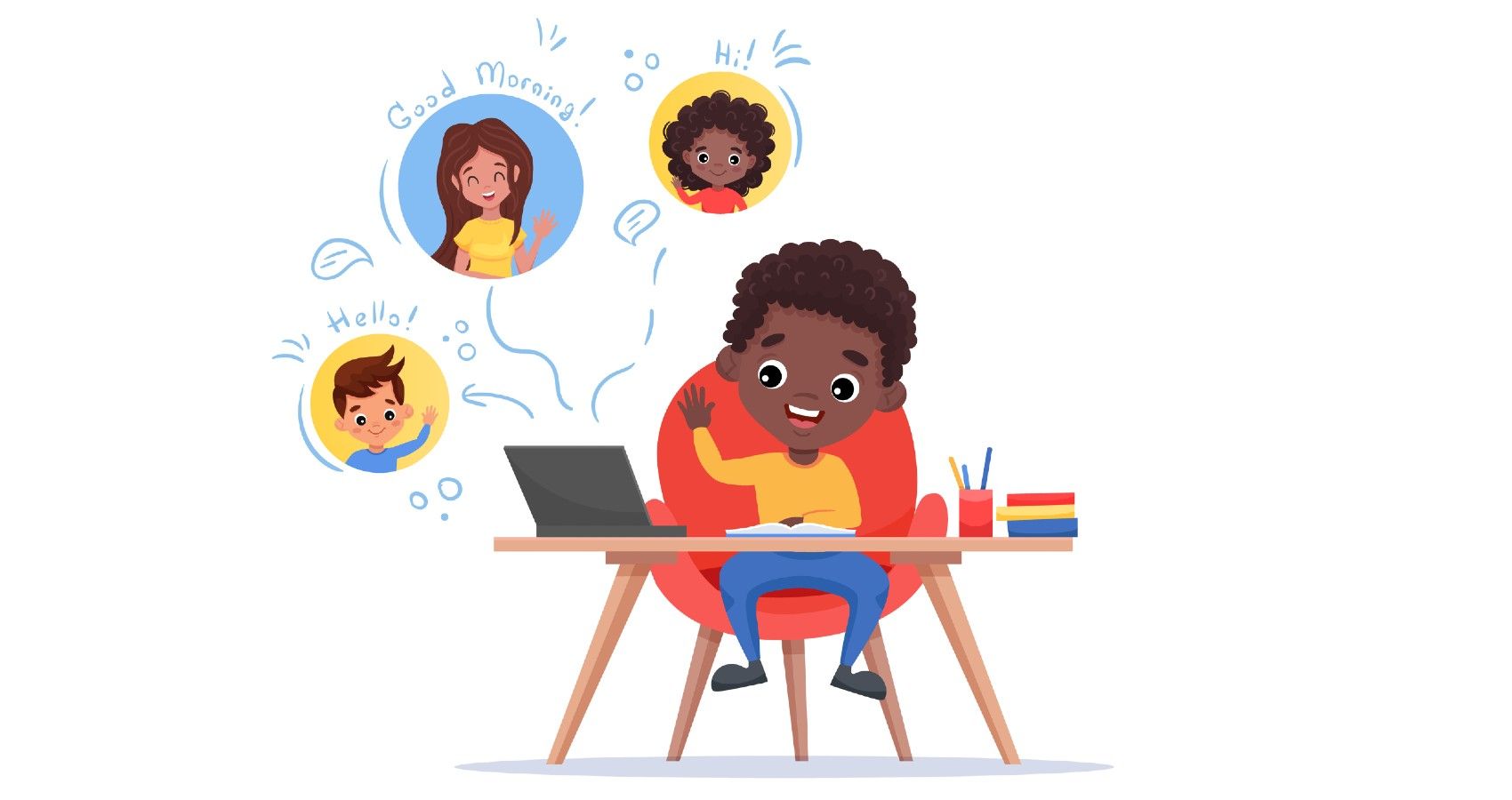While remote learning has had a lot of challenges for children all over, it seems that Black students may be thriving with this form of learning. Remote learning has been the primary mode of learning for a lot of students across the US, and there have been struggles that both mom and child have faced. Moms are trying to navigate working from home, and helping their child in school and children have had to adapt to a new form of learning. While this has been loudly protested about by a lot of families and students, Black students may be thriving because of it.
According to NPR, some Black students seem to be thriving when it comes to remote learning, and it may actually be a sign that more needs to change when it comes to in-person learning. Josh Secrett, a Black student from Oregon, shared his story.
Josh and his mother have reflected on the differences between when he was learning in school vs. remote learning. His mother, Sharnissa, stated that when her son would come home from in-person learning, he would seem “mentally exhausted.” He would be tired at night and wouldn’t seem motivated to do anything. Now that he has been learning virtually, he is a different person. Sharnissa said that she has noticed that there are fewer distractions with remote learning. He can work on his own, and it is a lot easier for him to focus on his schoolwork.
The claim is that this is because in-person schooling is still a system that “historically” does not support Black students. Reports of textbooks “downplaying” the role of slavery and children being sent home for hairstyles take over the media, and these are just a few examples of how Black students are sometimes treated in the public-school system.
According to NCES, data in the US is showing that the public-school population, in terms of staff and teachers are predominately white. While more than half of their student body are not White. The concern has been that teachers may be bringing in bias to the classroom, without even realizing it.
Valerie Adams-Bass is a psychologist and she stated that this bias often comes from how the media presents Black students. That Black students are often seen in the media with being uninterested from school or constantly getting into trouble. This information, and stories from students, may show that there needs to be more changes made in the school system, so that all children can feel welcome and able to do what they are there to do, learn.

